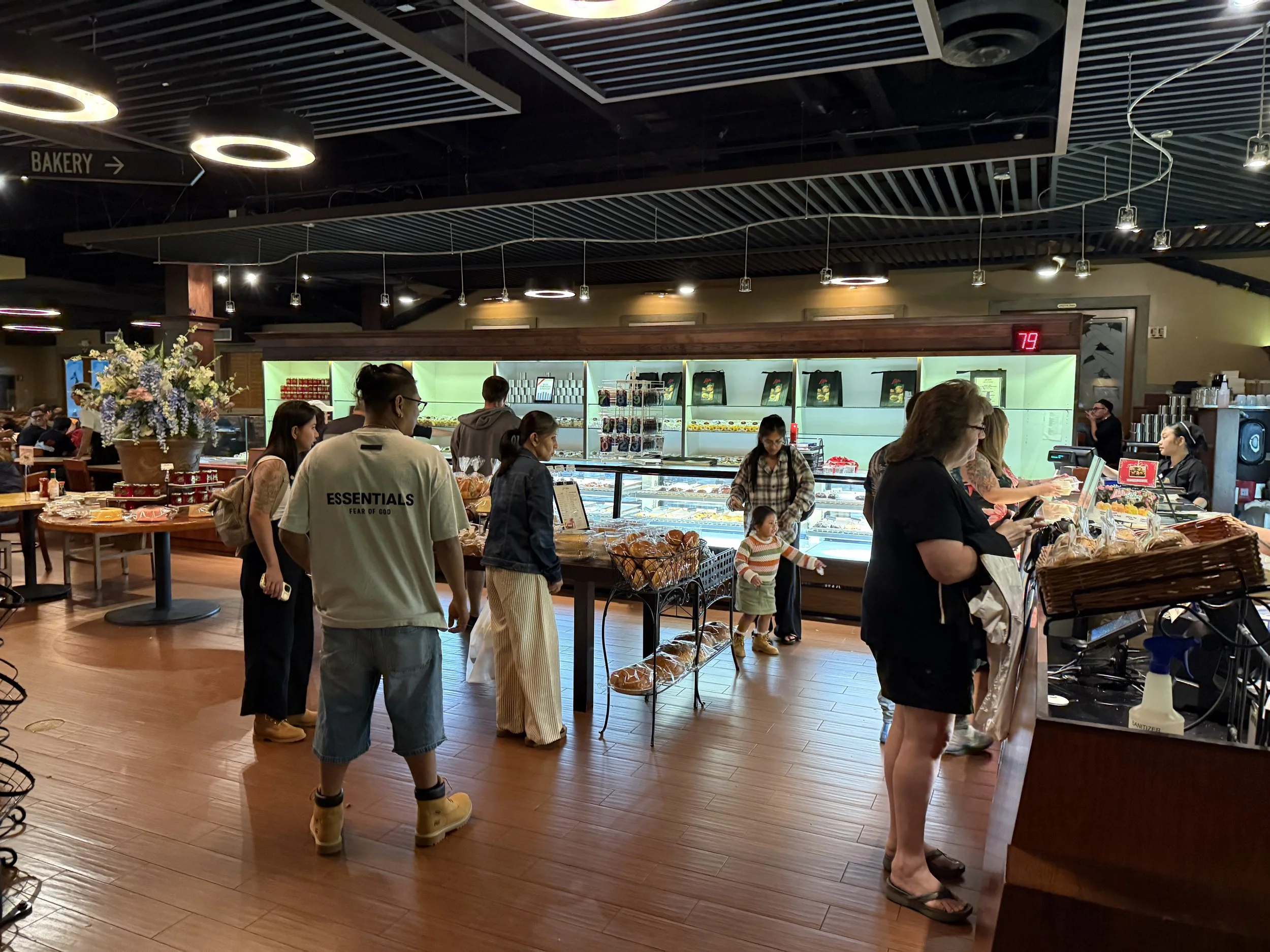The ethical weight of speaking up
Liliha Bakery on Nimitz Highway in Honolulu. Photo: Gerald Farinas.
Read also: https://www.geraldfarinas.com/home/a-bitter-taste-of-betrayal-racism-at-liliha-bakery
A somber quiet has settled over me, the kind that follows a storm you felt was necessary but still dread the wreckage of. I feel a persistent sense of unease. It’s a conflict that lives not in the facts of the situation, but in the marrow of my conscience: Someone lost their job because of me. A father. A family man.
And yet, how could I have kept quiet? To let a racist microaggression pass, to dignify it with silence, would have been to endorse its continuance. It would have meant tacitly accepting the erosion of dignity, allowing the workplace to remain quietly hostile for others. If I didn’t say something, such behavior would have continued. This justification is what I cling to, the ethical anchor in a swirling sea of regret. But the weight remains heavy.
Exploring the ethical dilemma
This situation is a classic illustration of an ethics dilemma, a scenario where two or more moral principles conflict, making it impossible to satisfy all of them. There is no solution that is entirely good, only a choice between competing harms.
My dilemma pits two major ethical frameworks against each other:
Deontology (duty and rules)
This framework focuses on the act itself. It suggests that certain actions are simply right or wrong, no matter what happens afterward.
I had a duty to speak out against injustice and racism. The microaggression itself was an inherently wrong act. My moral obligation was to follow the rule: “Do not tolerate racist behavior.” My decision was right because I performed the morally correct action. The conflict: The duty to uphold justice clashed with the duty to avoid causing severe, unnecessary harm to another person (the duty of not causing harm). I fulfilled one duty but violated the other, resulting in internal conflict.
Consequentialism (outcomes)
This framework judges an action's morality by its outcomes or consequences. It seeks the greatest good for the greatest number of people.
The Utilitarian Calculation: My action resulted in a complex mix of outcomes. Positive consequences included the immediate stopping of racist behavior, a clear signal that the organization will not tolerate prejudice, and a safer environment for many future employees (the greater good). Negative consequences included the loss of livelihood for one individual and financial distress for his family (significant harm). The reflection: Did the good, a more just and equitable environment, outweigh the severe harm to one family? Consequentialism compels me to weigh these outcomes, and I am left agonizing over the calculation. The extreme, unintended consequence of job loss makes the justification feel shaky, almost cold. I had hoped for accountability, not devastation.
The concept of moral injury
My unease is deeper than mere regret. It touches on the concept of moral injury. This occurs when a person feels they have participated in, failed to prevent, or witnessed acts that violate deeply held moral beliefs.
My transgression was not in speaking out, that was an act of moral courage, but in being the catalyst for an outcome I never intended or wished for. The organization, in choosing the most extreme punishment, executed the ultimate consequence, but I feel the shame of its severity.
I was placed in a classic "dirty hands" scenario: to keep my hands clean (by saying nothing) meant allowing harm to continue. To intervene (by speaking up) meant my hands would be dirtied by the severe, unintended consequences of that action.
I have learned that some ethical conflicts are simply wounds. They do not close with a neat answer. The pain I feel is the sign of my own moral life. The proof that I care deeply about both justice and compassion.
I did what was ethically necessary to protect a principle, but I am left to mourn the human cost of that necessity. I must learn to carry this weight, not as guilt for being right, but as the burden of living in a world where doing right can still cause profound pain.

